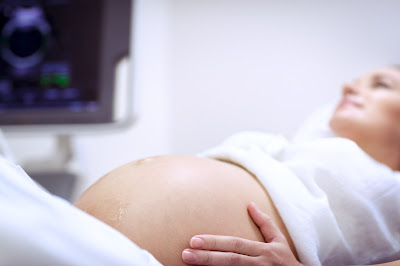One of the most incredible scientific breakthroughs in the modern age is the availability of in-vitro fertilization (IVF). Thanks to modern science, this option has become one of the most successful and popular options for many who require this.
If you have heard of this treatment and are considering undergoing this treatment, here are some facts you need to know first before scheduling an appointment with the fertility doctor:
What is an IVF?
An in-vitro fertilization treatment is a modern solution for patients who wish to conceive but are unable to. During IVF treatment, patients take fertility drugs to stimulate the development of multiple eggs. The multiple eggs are then taken from the ovaries before fertilizing them with sperm in a lab. The embryos grow for a few days before being placed into the uterus.
Who is a good candidate for IVF?
Some individuals are more qualified for this treatment than others. Patients with the following conditions may be eligible for this treatment option. Some conditions include:
- Ovulation issues;
- Fallopian tube obstruction or damage;
- Endometriosis;
- Low semen quality; and
- Prolonged infertility
When should a person seek IVF treatment?
Aside from wishing to conceive, other factors that can enable a person to seek IVF treatment include:
- When their chances of conceiving are much higher with (IVF) than intrauterine insemination (IUI);
- When the male partner has more than mild infertility;
- When the couple wishing to conceive has a limited time to get pregnant due to age and diminished eggs;
- When the couple can afford the treatment and has a gestational carrier in mind; and
- If this is the best option offered by a fertility expert
The bottom line:
Becoming a loving parent can be the most incredible and rewarding role for you. However, if you have a problem with conceiving due to several factors listed, you may have a chance with IVF treatment. Nevertheless, it still helps to work with a fertility expert to see if other options are readily available.







.jpg)